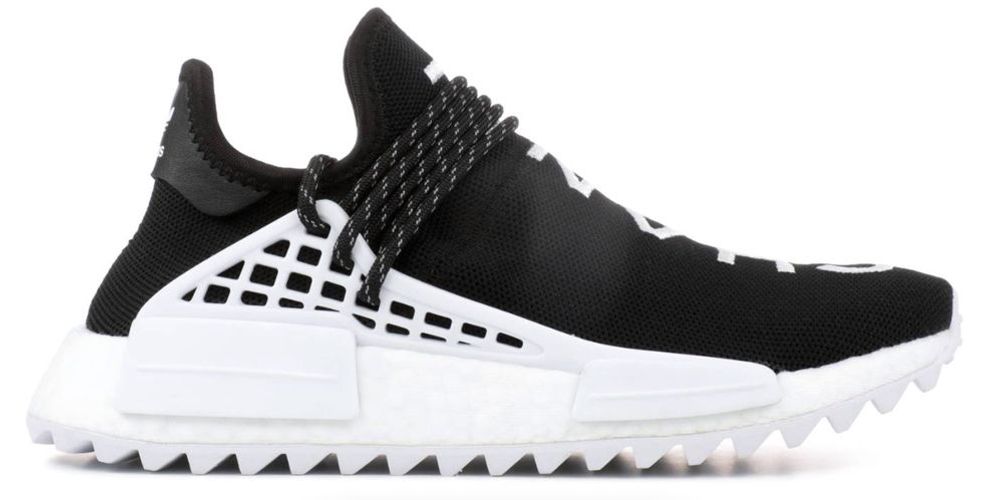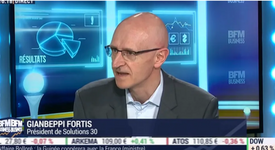Nike, Birkenstock, Veja and Adidas "refuse" to sell their trainers to e-tailers. Is it legal?

It's a little retail bombshell that has gone almost unnoticed, but which should be of interest to many e-merchants and retailers: On 1 February 2023, NEON, the Nike subsidiary operating from the Netherlands, was found guilty by the Lyon Commercial Court in a case against Spartoo, the Grenoble-based e-merchant that is now investing in physical shops.
What happened and why is this judgement instructive, even though Nike has appealed?

Many prestigious or highly sought-after brands are seeking to control their distribution channels, or even to reserve sales for their own networks of shops, on a selective basis. Spartoo, which had been granted the right to buy and resell Nike products until 2020, saw its Dutch supplier break this distribution agreement, and had been given 17 months' notice. At Nike, the plan behind this change of strategy is called Consumer Direct Acceleration.
Spartoo, a company co-founded by Boris Saragaglia and Paul Lorne, asked the global sports giant to provide it with the objective criteria by which Nike selects its distributors.
"NEON's alleged refusal to disclose the selection criteria for its distribution network is prohibited by Article L.420-1 of the French Commercial Code. NEON is ordered to pay Spartoo the sums of 2,388,045 as compensation for the damage it has allegedly suffered and 100,000 as compensation for the damage caused to its image and reputation", states the wording of the judgment.
NEON (Nike European Operations Netherlands BV) has stated that it will appeal against the ruling to the Paris Court of Appeal.
Will many shops and retailers be deprived of Nike, Adidas and Veja?
According to our information, other manufacturers of textile products, sneakers and childcare products are also trying to limit the distribution of their products, such as Birkenstock, Veja and Stokke. Such selection may be legal* in some cases, provided that the criteria for selecting the distribution network are clear. For the judges in Lyon, a refusal to communicate the criteria is tantamount to an absence of criteria. Brands are keen to check the context in which their products are sold, the way they are presented and their pricing policy, and they are right to want to control the customer and shopping experience. But they do not have all the rights, said the judges.
Spartoo, whose share price is not at its highest, far from it, has invested in boutiques. But Nike believes in sell-out more than sell-in.
Automobiles Peugeot v Michel Glinche, Peugeot approved repairer. Court of Appeal, 2022.
A good example of the legality of these selective distribution contracts was provided again recently by the decision of the Paris Court of Appeal. It upheld a judgement against Michel Glinche, an approved Peugeot repairer, who had decided to sell new Peugeot vehicles, an activity reserved for dealers or agents attached to a dealer, such as Aramis.
*Hamilton watches (SMH group, Swatch), for example, are only sold through a selective network.
En-Contact editorial team and Manuel Jacquinet.
To find out more, find out how and why Veja organises casting sessions for influencers. To do this, it mobilises agencies, interns and opinion leaders, the famous KOLs.






